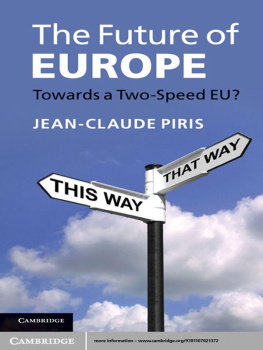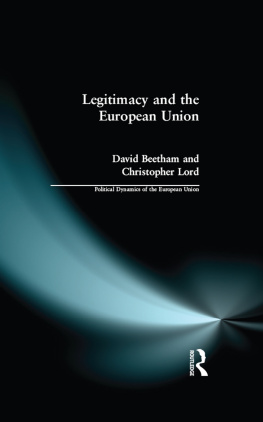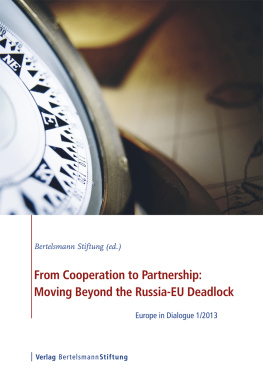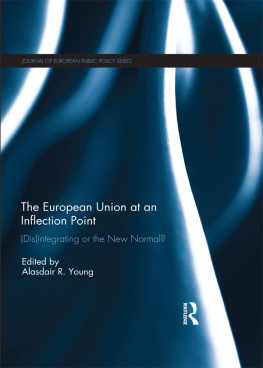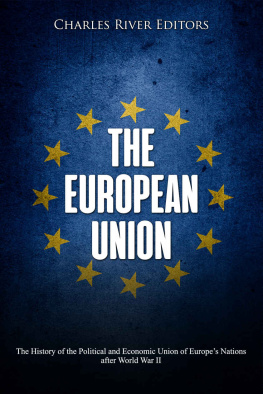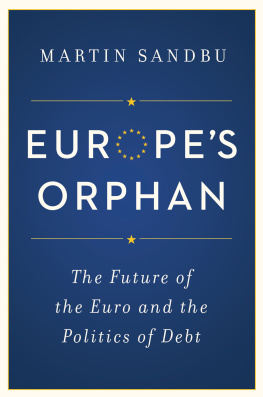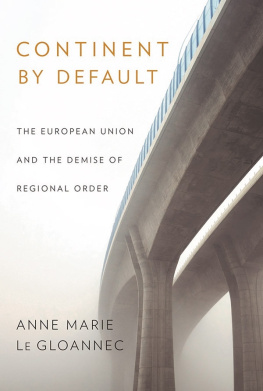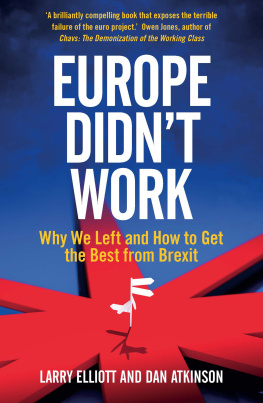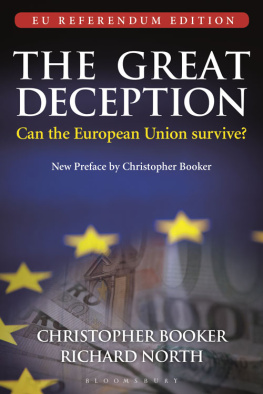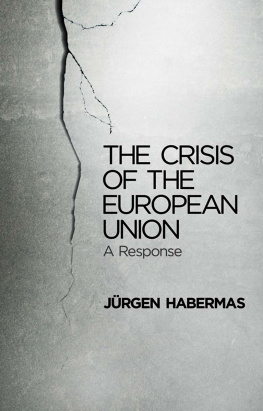I recall it being said of a legendary former Director General of the Legal Service of the Commission of the European Union that it was as if the Commission had an extra Member. What, then, is one to say of the legendary former Director General of the Legal Service of the Council the author of this study? That during his tenure it was as if the Council had an extra Member State? If power and influence were the measure, I would have no problem with such a statement as long as it was not a Malta or an Estonia that one had in mind, but one of the biggies: a France or a Germany or, perhaps, a United Kingdom. It is difficult to overstate the mark of Jean-Claude Piris on the fortunes of Europe. Cast your mind to any major development, challenge or crisis in recent Union history whether the Charter of Fundamental Rights or the deliciously bureaucratically named Treaty on the Functioning of the European Union, and the large fingerprints of Jean-Claude Piris will be detected. Never at the forefront, but ever present. It is not only in Praxis that Piris has left his mark. Peruse the pages of the European literature and his writing stands out it was quite laughable when he tried to hide behind a pseudonym: Justus Lipsius. The consummate political-legal fixer has not only a distinct style, direct with a touch of irony, but is refreshingly politically incorrect, compared with the typically smooth, Barbie-style spin-doctors of the European bureaucracy.
That Europe is in crisis the travails of the euro actually mask how deep and structural the crisis runs is a common place. Lisbon?, the Constitutional-Mountain-turned-into-Molehill-except-the-Mountain-was-a-Molehill-to-begin-with, is more the problem than a solution. If you wish to read one of the most incisive analyses of the current circumstance of Europe (grim), you will find it here. If you wish to read an equally incisive analysis of the various institutional options (grimmer), you will find that here too. But Piris is no Cassandra. You will also find one the most incisive analyses of the indispensability of the European construct for the future welfare of European citizens and their Member States. What, then, to do with the willing patient betrayed by the ageing organs? Where is the Viagra going to come from?
I would normally be inclined to say that the two-speed Europe solution is the refuge not only, like patriotism, of scoundrels (Bavarian Christian Social Union politicians trying to stop the Barbarians at the gate), but normatively and technically the scrapings from the bottom of the barrel. When you have nothing else to serve, Europe deux vitesses , like ever-fresh, ever-stale crackers, is sure to be found in the pantry.
Normatively it seems preposterous. Europe has largely moved to majority voting. The minority is expected to follow the majority decision. That is democracy. But when the majority cannot get enough votes, or a minority cannot persuade enough adherents, you go it alone and, by way of koshering the pig, you call it deux vitesses . Technically, all previous attempts usually foundered because of their fracturing effect on the Single Market, still the signal achievement of Europe.
Piris is in a different category. At a minimum, he will make you rethink. He is not starry-eyed about the two-speed option, but shows some distinct political advantages, especially compelling, because situated in a vision of a united Europe. Two-speed, not two-tier: everyone is welcome to an upgrade when ready without the need for a gold or platinum card. The political case is accompanied by the legal machinery, sober and technical, which gives the project a purchase on gritty reality.
The two-speed Europe proposed here is not presented as a panacea, but as a vision rooted firmly in the ground, in which imagination and reality cohere in the best tradition of, might one say it, signal French contributions to Europe.

